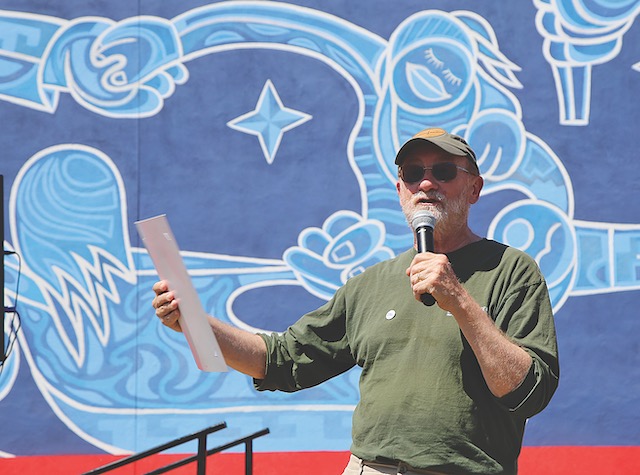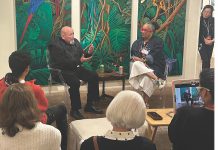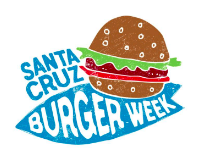
WATSONVILLE—Labor, fair wages, equality at the workplace and health care for workers came into sharp focus Monday—Labor Day—for the annual Labor Day Picnic at Romo Park in downtown Watsonville. The event is put on by the Monterey Bay Central Labor Council, which consists of more than 80 unions and includes over 38,000 working familes in Santa Cruz and Monterey counties.
Over 200 people braved scorching direct sunlight to attend the four-hour event that featured speakers, information tables and a barbecue lunch. Members of the Pajaro Valley Federation of Teachers, the Pajaro Valley Unified School District, SMART 23, American Federation of Teachers, the Builders Trade Union, United Farm Workers and many more were in attendance.
Lauro Barajas of the UFW gave high praise to the group of workers that recently completed a 335-mile march to Sacramento from Delano that ended Aug. 26 with a mission to get a bill signed that would allow farmworkers to feel safe when voting in union elections.
“The response was amazing,” he said. “All the unions came out to support us along the way. Next year are we ready to march 600 miles?”
Senator John Laird spoke of the importance of Assembly Bill 257 that was signed by Gov. Gavin Newsom that morning. The Fast Food Accountability and Standards Recovery Act, or FAST Recovery Act, creates a 10-member Fast-Food Council appointed by the governor, the Speaker of the Assembly, and the Senate Rules Committee.
That committee will create standards on working hours, working conditions and training, among other things. It will also conduct a full review every three years, and to amend the rules as needed.
The standards also affect wages, although a late amendment capped any increase next year at $22 per hour.
The law—the first of its kind in the nation—defines fast-food restaurants as having 100 or more establishments nationally that share a common brand and other characteristics.
“Today’s action gives hard working fast-food workers a stronger voice and seat at the table to set fair wages and critical health and safety standards across the industry,” Newsom said in a prepared statement. “I’m proud to sign this legislation on Labor Day when we pay tribute to the workers who keep our state running as we build a stronger, more inclusive economy for all Californians.”
The new rules supersede those set by other state agencies governing fast-food restaurants. They do not, however, affect rules under the Occupational Safety and Health Standards Board (OSHA), although AB 257 has a process for the Council to petition OSHA to amend or repeal a standard.
Jurisdictions with more than 200,000 people must establish a local Fast Food Council that would provide recommendations to the state Council under AB 257, a bill organized by Assemblyman Mark Stone, who represents the people of California’s 29th Assembly District.
The law also allows employees to report violations of the new standards, and prohibits employers from retaliating against those employees.
Council meetings will be held and open to the public no less than six times per month.
Glen Schaller, Political Coordinator for MBCLC, said they served 170 free tacos and that offering free meals to everyone was an important part of the event.









